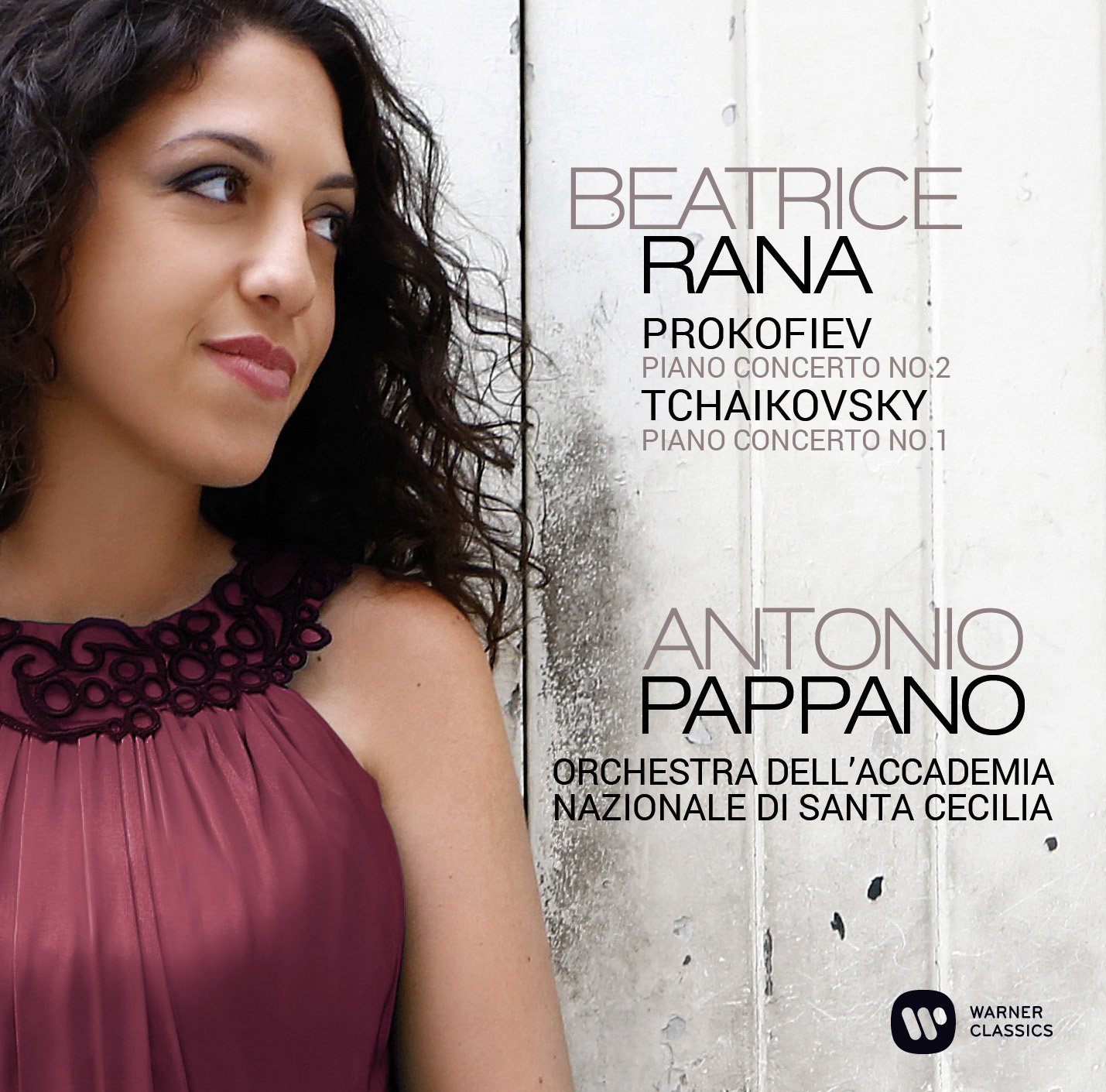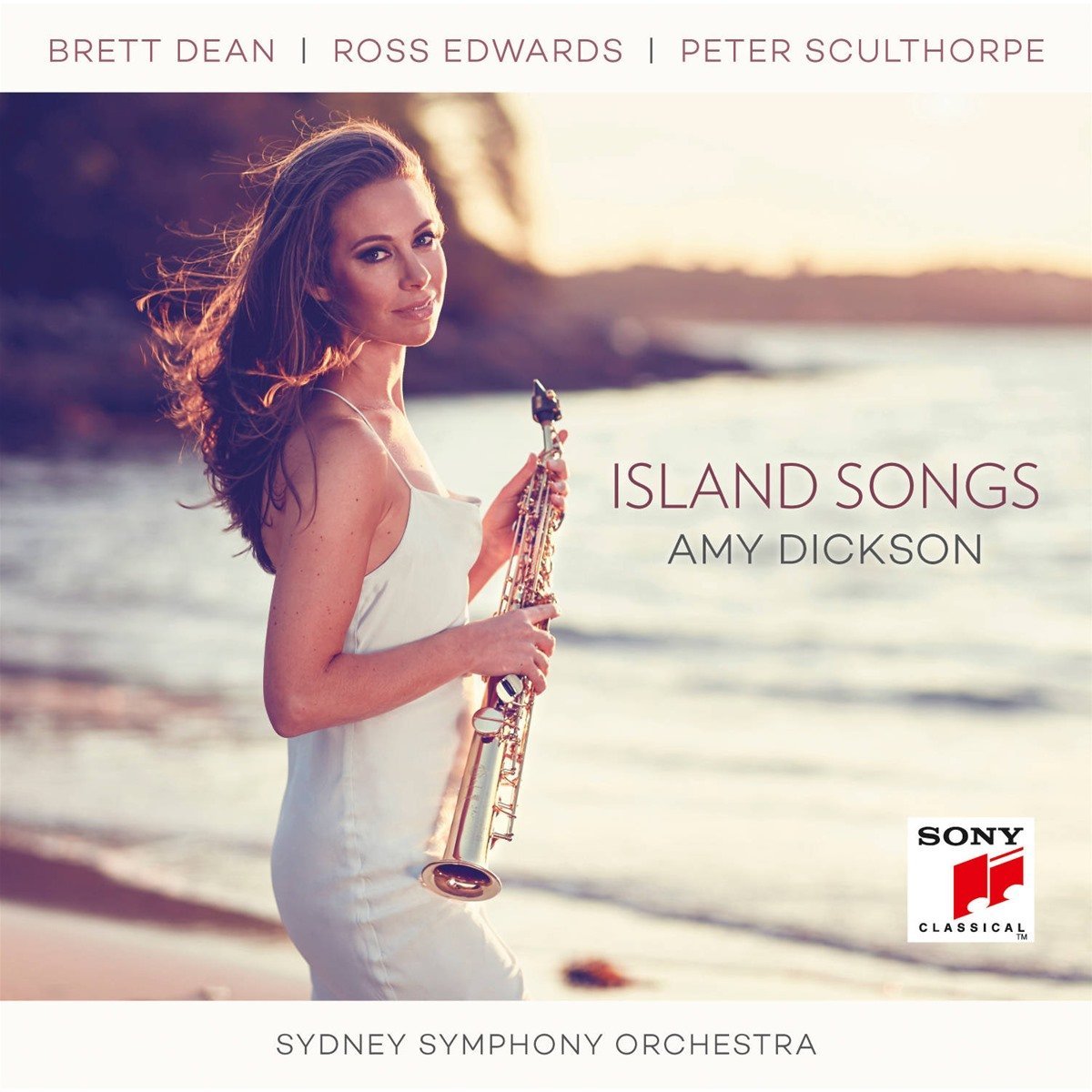 Dutilleux: Le Loup, and other early works Vincent Le Texier (baritone), Orchestre National des Pays de la Loire/Pascal Rophé (BIS)
Dutilleux: Le Loup, and other early works Vincent Le Texier (baritone), Orchestre National des Pays de la Loire/Pascal Rophé (BIS)
Henri Dutilleux's mature orchestral output can be squeezed onto a handful of CDs, so this anthology of early works plugs a useful gap. Extracts from the 1953 ballet Le Loup have been recorded before, but Pascal Rophé's Orchestre National des Pays de la Loire give us the complete score. It's wonderful stuff, beautifully orchestrated and full of delicious things, my favourite being the plaintive, howling bassoon solo in the second scene. Sections of the work recall Poulenc and Milhaud, though the more adventurous bits suggest a composer ready to strike off in new directions. Dutilleux's Trois Sonnets de Jean Cassou was premiered a year later, flamboyantly orchestrated songs which the composer suspected “would struggle to make an impact without the orchestra". Cassou, a member of the French Resistance, had been imprisoned and tortured during World War II, so it's ironic that the work was first performed at the Vichy Festival. Baritone Vincent Le Texier also gives us the beautiful Quatre Mélodies, Dutilleux's first major success.
Les refined but a real guilty pleasure are extracts from the score to a 1946 crime thriller, La Fille du Diable, especially when Dutilleux adds a swooning Ondes Martenot. The same instrument is even more prominent in the phenomenal Trois Tableaux Symphoniques written for a staged version of Wuthering Heights. A fascinating collection, ripely recorded and sumptuously played. He's good, Dutilleux. Start with the two symphonies and the cello concerto, and follow them with this disc.
 Prokofiev: Piano Concerto No. 2, Tchaikovsky: Piano Concerto No. 1 Beatrice Rana (piano), Orchestra dell'Accademia Nazionale di Santa Cecilia/Antonio Pappano (Warner)
Prokofiev: Piano Concerto No. 2, Tchaikovsky: Piano Concerto No. 1 Beatrice Rana (piano), Orchestra dell'Accademia Nazionale di Santa Cecilia/Antonio Pappano (Warner)
Prokofiev's Piano Concerto No. 2 is almost a popular classic. As with the breezy Piano Concerto No. 3, there's the same artful blend of romanticism and grotesquerie, along with some killer tunes. Incredible to think that the manuscript was lost, possibly burnt as fuel, leading Prokofiev to recompose the work from memory in 1923. It's fiendishly difficult to play, and recordings with the requisite swagger aren't easy to find. We get one here – Beatrice Rana's first movement cadenza is jaw-dropping, and the moment where Prokofiev's massed brass pile in with their fateful minor third is as exhilarating as it is terrifying. Antonia Pappano's Santa Cecilia orchestra play with plenty of Slavic weight, though they can also deliver pin-sharp accuracy. The tiny second movement moves at a lick, and there’s plenty of dark humour in the Intermezzo. The finale’s closing gesture feels exactly right, a sonic punch to the solar plexus.
Tchaikovsky’s B flat minor concerto is a very different beast. Pappano’s opening is portentous and not too heavy, nicely matched by Rana. Best is the second movement’s central fast section, the playing’s agility stretching credibility. The closing pages have an incandescent glow. You’d happily settle for Rana’s performances as library recommendations for both works. Ripe, detailed sound too.
 Island Songs Amy Dickson (saxophone), Sydney Symphony Orchestra/Benjamin Northey and Miguel Harth-Bedoya (Sony)
Island Songs Amy Dickson (saxophone), Sydney Symphony Orchestra/Benjamin Northey and Miguel Harth-Bedoya (Sony)
Naff cover, Sony: it's not a good idea to play the saxophone on a windy beach, as the salt will corrode the lacquer and sand might wreck the pads. That gripe aside, this is a superb disc, its programme of contemporary Australian music an ideal showcase for Amy Dickson's talents. She gives us three contrasting pieces, each of which was either composed or arranged for her. The late Peter Sculthorpe's Island Songs was one of his last works. Typically there's an ecological programme of sorts, though this two-movement work is strong enough to stand up on its own. Sculthorpe's matchless ability to evoke vast, parched landscapes is as strong as ever, and the more literal moments (like the swooping bird calls near the close of the second movement) never sound hackneyed. Dickson's cantabile playing throughout what sounds like a long, wordless aria is peerless.
Brett Dean's The Siduri Dances was adapted from an earlier flute work, a portrait of a divinity from The Epic of Gilgamesh whom Dean paints as a spiritual companion to the recently deceased. She comes across as opinionated, garrulous but wise, her monologue becoming wiser and less fraught as the dance unwinds. Brett's scoring for strings is predictably impressive, particularly the pale, bleached chords at the work's close. Ross Edwards' Full Moon Dances is a rousing piece of exotica, its two Ritual Dances not a million miles from Prokofiev's brash Scythian Suite. Edwards can do calm too, and there's a sublime slow interlude suggesting an Antipodean Lark Ascending. All highly recommendable, in other words, and idiomatically accompanied by the Sydney Symphony Orchestra under Benjamin Northey and Miguel Harth-Bedoy.















Add comment